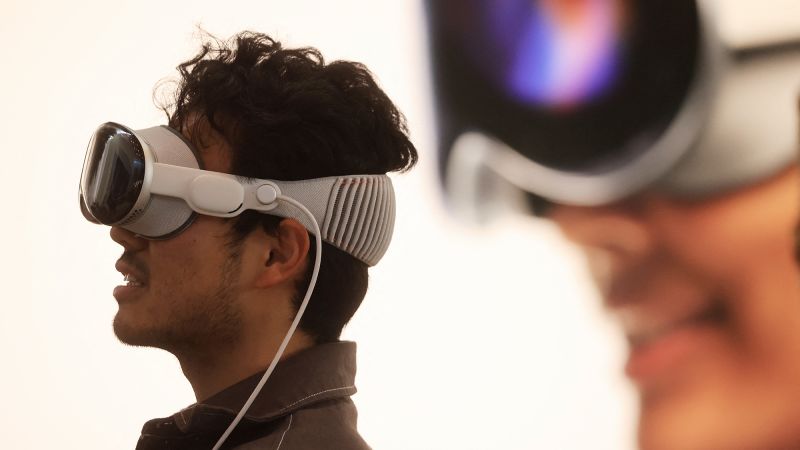In recent years, the dynamics of social media platforms and smartphone usage have been undergoing a noticeable transformation. Data indicating that people are reducing their acquaintance-building on Facebook reveals a shift in social interactions facilitated by technology and a change in consumer interests. Furthermore, the iPhone’s relevance—once deemed indispensable—may diminish in the next decade, marking significant concerns among tech giants, particularly during two separate antitrust trials involving Meta (parent company of Facebook) and Google. In these sessions, executives were surprisingly candid, acknowledging that their flagship products might not retain their significance in the future, demonstrating a rare awareness of the potential for obsolescence in the fast-paced tech landscape.
Silicon Valley has always championed the ideals of innovation, change, and the relentless pursuit of the next big thing. However, the growing pressure on these companies has become evident, especially with the emergence of artificial intelligence (AI) and an uptick in new social media applications that can quickly render older platforms irrelevant. This stark acknowledgment suggests that even highly successful products can rapidly fall out of favor in an industry driven by shifting consumer preferences and technological advancements.
During a recent antitrust trial, executives notably discussed trends that signal this shift, wherein users are losing interest in the foundational services that Facebook and Google were built upon. For example, Eddy Cue, Apple’s senior vice president of services, noted a decline in Google search queries on Apple devices, underscoring a possible move toward AI chatbots that increasingly fulfill the roles traditionally managed by search engines. This observation aligned with projections from market research firm Gartner, estimating a 25% decrease in search engine volume by 2026 as consumers turn toward AI-driven solutions.
Notably, Google quickly responded, asserting that it continues to observe overall query growth despite these claims. Yet, the perception of change looms large over Meta, which has noted diminishing engagement in its original social interaction model. CEO Mark Zuckerberg acknowledged a decline in Facebook’s friend-adding and content-sharing activities during a trial brought against the company by the Federal Trade Commission. Interestingly, while users may not be engaging with the platform in traditional ways, Meta has recognized an increase in direct messaging, suggesting that users are still socially connecting, albeit through different channels.
Zuckerberg’s insights further highlighted Facebook’s waning appeal among younger demographics, with research from Pew Research Center indicating a drop in usage among teenagers—signifying an alarming trend for a social platform that once dominated youth engagement. Although Instagram remains popular among young users, Facebook’s historically stronghold on this demographic appears to be slipping.
To adapt, Meta has actively evolved its platform features. After missing the opportunity to acquire Snapchat in 2013, Facebook launched its Stories feature, following it up with Instagram’s Reels to compete with TikTok’s rising popularity. This ability to pivot reflects a broader trend where tech companies are increasingly forced to stay attuned to user engagement patterns and preferences.
Interestingly, Apple’s Cue even suggested that the iPhone may not remain a daily necessity in ten years, a bold assertion that suggests a transformative shift in mobile technology could be on the horizon. With Apple capturing 19% of global smartphone shipments, it continues to be a leading brand; however, innovation in device usage will play a crucial role in maintaining this status.
Leaders from various tech firms are now betting on the potential of smart glasses equipped with AI capabilities—conceivable tools for integrating digital functions seamlessly into everyday life without needing a smartphone. Zuckerberg envisions a future where engagement with content moves away from traditional screens toward immersive mediums like smart glasses and holographic displays.
As Apple also invests in future face-worn computing technologies, evidenced by its $3,500 Vision Pro device, the upcoming phase in consumer technology is expected to provide new ways of interaction. However, market trends show that consumers are not upgrading their phones as frequently, indicating that major tech companies must find innovative ways to entice customers.
In summation, as corporations like Apple, Google, and Meta navigate the evolving digital landscape, they face the dual challenge of maintaining relevance while also fostering growth. The transition phase is both a test and an opportunity, where the giants of the past must adapt to stay ahead in an ever-competitive environment, acknowledging that the future may demand a different approach to technology altogether.



